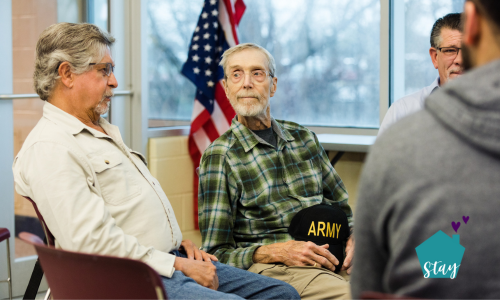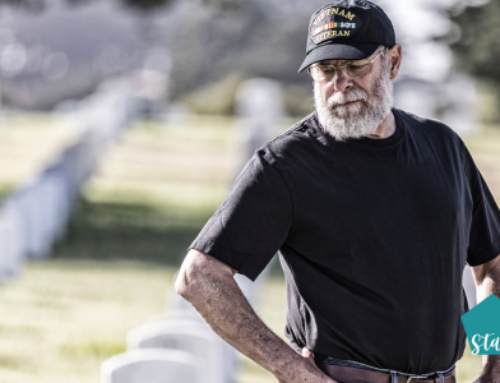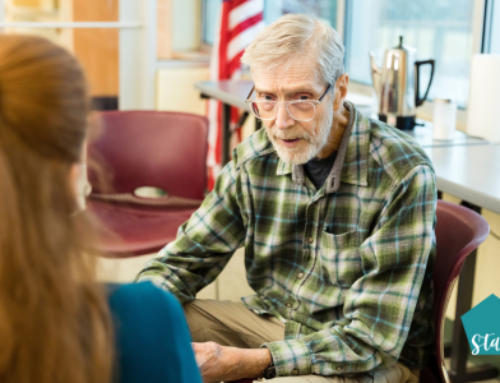 Post-Traumatic Stress Disorder (PTSD) is a complex mental health condition that affects countless individuals, including brave veterans who have served our country. The impact of PTSD on the lives of those who suffer from it cannot be overstated, as it can disrupt every facet of daily life and create significant challenges in seeking and maintaining proper care.
Post-Traumatic Stress Disorder (PTSD) is a complex mental health condition that affects countless individuals, including brave veterans who have served our country. The impact of PTSD on the lives of those who suffer from it cannot be overstated, as it can disrupt every facet of daily life and create significant challenges in seeking and maintaining proper care.
For veterans dealing with PTSD, finding effective treatment options is crucial to regaining control over their lives. While there are various approaches available, such as therapy and medication, one often overlooked aspect of care is in-home assistance.
In-home care for veterans with PTSD offers a unique opportunity to provide personalized support within the familiar comfort of their own homes. This form of caregiving ensures that veterans receive the necessary attention and assistance tailored specifically to their needs while promoting an environment conducive to healing.
The Unique Challenges Faced by Veterans with PTSD in In-Home Care Settings
When it comes to providing in-home care for veterans, there is a unique set of challenges that arise when dealing with individuals who also suffer from PTSD. While every veteran deserves the utmost respect and care, those living with PTSD require an extra level of understanding and support.
Triggers in the Home
One of the primary challenges faced by these veterans is managing triggers within their living space. The safe haven they once knew during times of trauma can suddenly become a source of anxiety and distress. Something as simple as a loud noise or an unexpected visitor can trigger painful memories, leading to heightened stress levels and potential emotional outbursts.
Earning Trust
Furthermore, the issue of trust plays a significant role in caring for veterans with PTSD at home. Building trust takes time but is essential for effective caregiving. These individuals have often experienced betrayal or intense trauma during their military service; therefore, establishing rapport may be met with resistance initially. Patience and empathy are key qualities that caregivers must possess to earn the trust necessary to provide compassionate assistance.
Social Isolation
Social isolation can also exacerbate symptoms for those living alone or lacking strong support systems. Creating opportunities for connection within the community becomes imperative as companionship plays a vital role in recovery.
Tips and Resources for Caregivers
When it comes to supporting veterans with PTSD, creating a trusting and nurturing environment becomes paramount. Here are some tips and resources to help you navigate this journey:
- Educate Yourself: Understanding the symptoms of PTSD will enable you to respond empathetically and effectively. Organizations like the National Center for PTSD offer comprehensive resources, including online courses and publications.
- Establish Routines: Consistency can be tremendously comforting for individuals managing PTSD symptoms. By setting regular schedules for activities, meals, medication reminders, and self-care practices, you provide stability that promotes feelings of safety.
- Foster Communication: Encourage open dialogue where your veteran feels safe discussing their experiences without judgment or interruption. Active listening skills are crucial here—let them narrate at their own pace while offering support when needed.
- Create a Calming Space: Designating an area in your home as a peaceful retreat can aid relaxation and reduce anxiety triggers associated with external stimuli or memories of trauma.
The Importance of Seeking Professional Help and Support
Hiring professional caregiver support offers a range of benefits that extend far beyond simply managing symptoms. These professionals possess extensive knowledge and experience in dealing with PTSD, allowing them to provide tailored treatment plans specifically designed for each individual’s unique needs.The in-home caregivers at Home to Stay address the specific challenges faced by veterans coping with PTSD, creating an atmosphere that fosters trust, security, and emotional well-being. Give us a call today at 856-321-1500 or use our contact form to find out more about our services.










